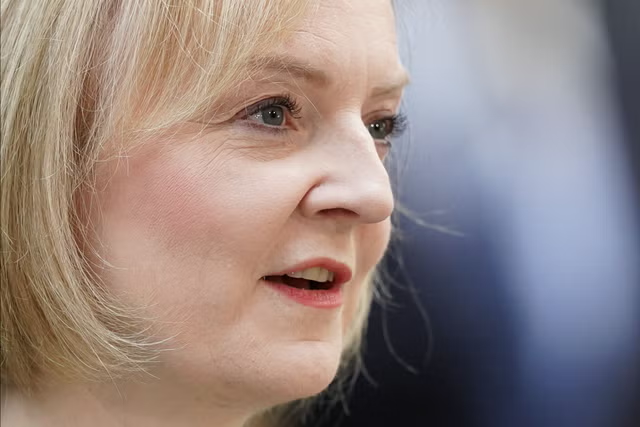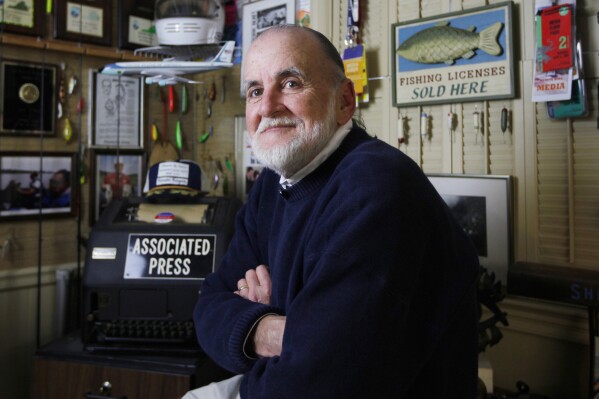Young trans people face a “very difficult and dangerous period” because the country has gone backwards in its attitudes, Britain’s first transgender judge has warned.
High-profile debates over gender recognition and single-sex spaces have reversed public tolerance and increased abuse, according to Victoria McCloud, who served on the bench for more than a decade until returning to the bar earlier this year.
She was speaking to The Independent at the start of Pride Month and as she is recognised in this year’s Independent Pride List, which celebrates Britain’s top 50 LGBT+ changemakers. New Doctor Who Ncuti Gatwa, former footballer Alex Scott, All of Us Strangers actor Andrew Scott and Labour frontbencher Wes Streeting join her at the top of the annual list, published on Sunday.
It comes as transgender issues become caught up in pre-election culture wars, with the recent ban on puberty blockers, and Conservatives threatening to ban trans people from their chosen NHS wards – even though polls show the wider public has little interest.
Ms McCloud, who was the youngest person appointed to the King’s Bench in 2010 aged 40, is now an associate tenant at Gatehouse Chambers.
She said her experience of transitioning in the 1990s was “incredibly positive” and came at a time when “things were much more accepting”.
“We’ve taken a few steps backwards recently,” she said. “It’s my turn to be on the receiving end of that.” So greatly have attitudes changed that she sees it as a “general acceptance” that it is “OK to abuse trans people”.
Ms McCloud blamed a “sandwich generation” who were not old enough to be politically involved in the 2004 Gender Recognition Act but do not share the tolerant attitudes of younger Britons.
It was this cohort’s parents who “passed the law that allowed me to change sex legally [and] gave me employment rights 20 years ago”, she said.
While younger people embrace the trans community, the group in the middle “have suddenly come around to realising that trans people exist”.
Now, she said, being trans is being seen as “a lifestyle choice, just as people used to believe that being gay was a lifestyle”, and that some people “simply don’t believe in the particular medical condition I was diagnosed with, and that I’ve experienced since age five”.
Ms McCloud said she expects attitudes to eventually improve, saying there is hope for “for young trans people” but that first they will “have to tolerate a very, very difficult and dangerous period”.
She also spoke of her decision to leave her role as a judge – a job she had wanted since watching Crown Court, a daytime TV drama in the 1970s.
“I could see that the direction of travel was probably going to lead to me going eventually,” she said.
She also spoke about her involvement in the forthcoming landmark court case in which campaign group For Women Scotland is seeking to remove the term “trans women” from the legal definition of the word “woman”.
If the activist group wins, she said, “sex” would refer to biological sex at birth rather than whatever is recorded on gender recognition certificates – effectively reversing the GRC process for some 9,000 trans people, which she called the “ultimate personal violation” of having your sex changed “without your consent”.
“I would be female for some things, like death and marriage, but I would be forced to be treated as male by employers, shops, goods and services,” Ms McCloud added.
Disclaimer: The copyright of this article belongs to the original author. Reposting this article is solely for the purpose of information dissemination and does not constitute any investment advice. If there is any infringement, please contact us immediately. We will make corrections or deletions as necessary. Thank you.



